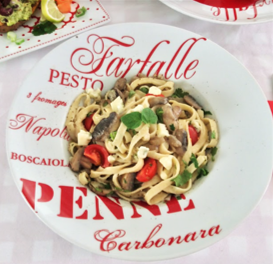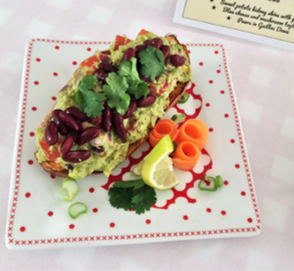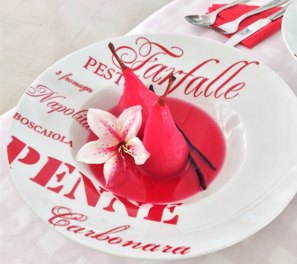Year 7-11 Curriculum rationale
Curriculum Intent: Creativity, Confidence & Quality
The Creative Faculty takes students on a creative journey, where they select, use and understand a variety of skills, techniques and media. During this journey they gain life-long confidence, independence and produce quality outcomes to be proud of.


